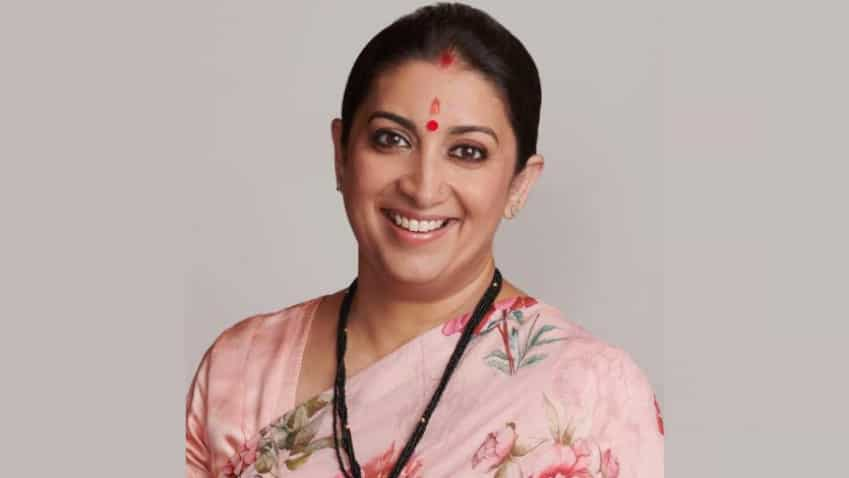In the realm of Indian politics, few individuals have captured the attention and admiration of the public quite like Smriti Zubin Irani. Her life journey is a testament to the power of determination, resilience, and unyielding ambition. From her humble beginnings to becoming a prominent political figure, Irani's story is an inspiration to many, showcasing that with dedication and perseverance, one can overcome even the most daunting challenges.
Early Life and Humble Beginnings
Born on March 23, 1976, in New Delhi, Smriti Malhotra entered the world with a destiny that would set her on an extraordinary path. Raised in a middle-class family, she faced the trials and tribulations that many Indian households experience. Irani's early years taught her the importance of hard work and determination, values that would later define her success.
A Brush with Stardom: Modeling and Acting
Before venturing into politics, Irani dipped her toes into the world of glamour and entertainment. She began her career as a model and soon transitioned into acting. Her big break came in the form of the television serial "Kyunki Saas Bhi Kabhi Bahu Thi", which catapulted her to fame across Indian households. Her role as the iconic character Tulsi Virani made her a household name, but Irani's aspirations extended beyond the glitz and glam of showbiz.
The Transition to Politics
Smriti Irani's journey from the entertainment industry to politics is a remarkable chapter in her life story. In 2003, she joined the Bharatiya Janata Party (BJP) and quickly made her mark. Her charisma and articulate communication skills caught the attention of party leaders, leading to her being appointed as the national executive member of the BJP's women's wing.
One of Irani's notable early contributions was her role in the "Bharat Nirman" campaign, which aimed to promote awareness about the BJP's development initiatives. Her ability to connect with people, combined with her effective public speaking, showcased her potential as a political leader.
A Determined Climb: The Road to Parliament
Smriti Irani's ambition knew no bounds. In the 2014 general elections, she contested against the influential Rahul Gandhi in the high-profile Amethi constituency. Despite being an underdog, Irani's relentless campaigning and strong ideological stance led to a nail-biting battle. Although she narrowly lost, her formidable performance signaled her emergence as a prominent face within the BJP.
Undeterred by the setback, Irani's persistence paid off when she was appointed as the Minister of Human Resource Development in Prime Minister Narendra Modi's cabinet. This marked a significant turning point in her political journey, as she assumed a pivotal role in shaping India's education policies.
A Force of Change: Transforming Education
As the Minister of Human Resource Development, Irani demonstrated her commitment to revamping India's education sector. Her tenure witnessed major reforms, including the introduction of the New Education Policy (NEP) aimed at modernizing the education system and fostering holistic development among students. Her proactive approach to addressing long-standing issues within the education sector garnered both praise and criticism, highlighting the boldness of her initiatives.
From Textbooks to Textiles: A Dynamic Portfolio
After her stint in education, Smriti Irani's portfolio underwent a transformation as she was appointed as the Minister of Textiles. This shift showcased her versatility and adaptability as a politician. Under her leadership, the textile sector witnessed a renewed focus on innovation, sustainability, and job creation. Her efforts aimed at promoting indigenous textiles and traditional crafts brought attention to the rich cultural heritage of India.
A People's Leader: Connecting Beyond Politics
Irani's journey in politics is not limited to her ministerial roles; it's also about her ability to connect with the people she serves. Her active engagement on social media platforms like Twitter, where she often interacts with citizens and addresses their concerns, highlights her commitment to being a representative of the people. This approach has endeared her to a wide range of individuals, transcending political affiliations.






